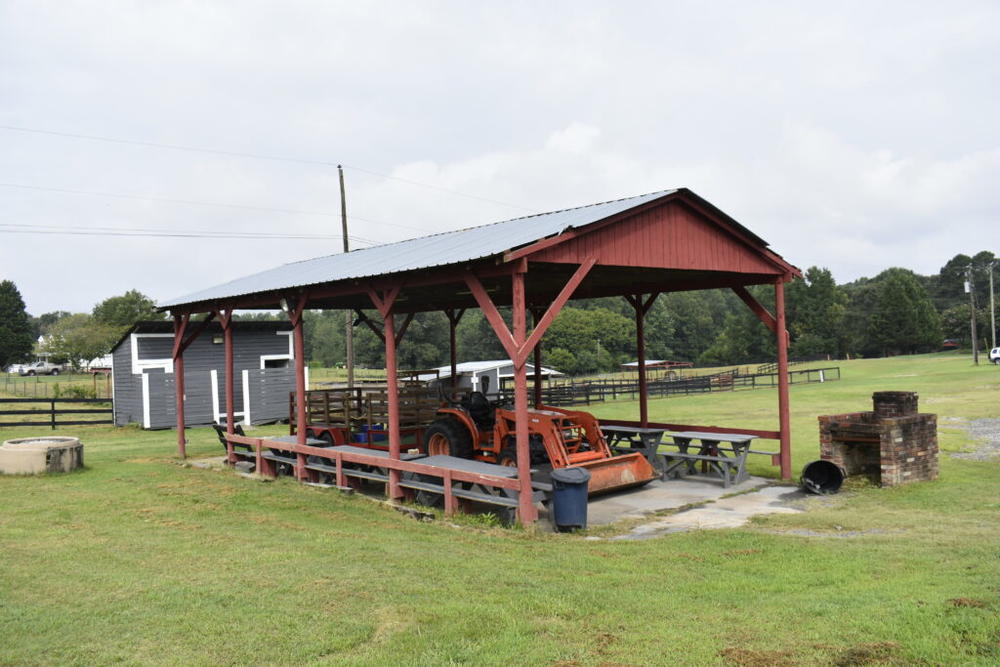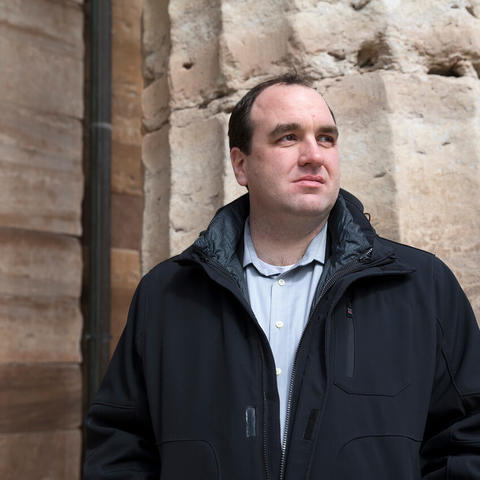
Caption
Farm lobbies and Republicans, along with influential Democrats like Rep. David Scott who represents a suburban Atlanta district, strongly objected to tax changes that President Joe Biden proposed in his “Build Back Better” plan for farmland and other assets handed from one generation to the next.
Credit: Ross Williams/Georgia Recorder

